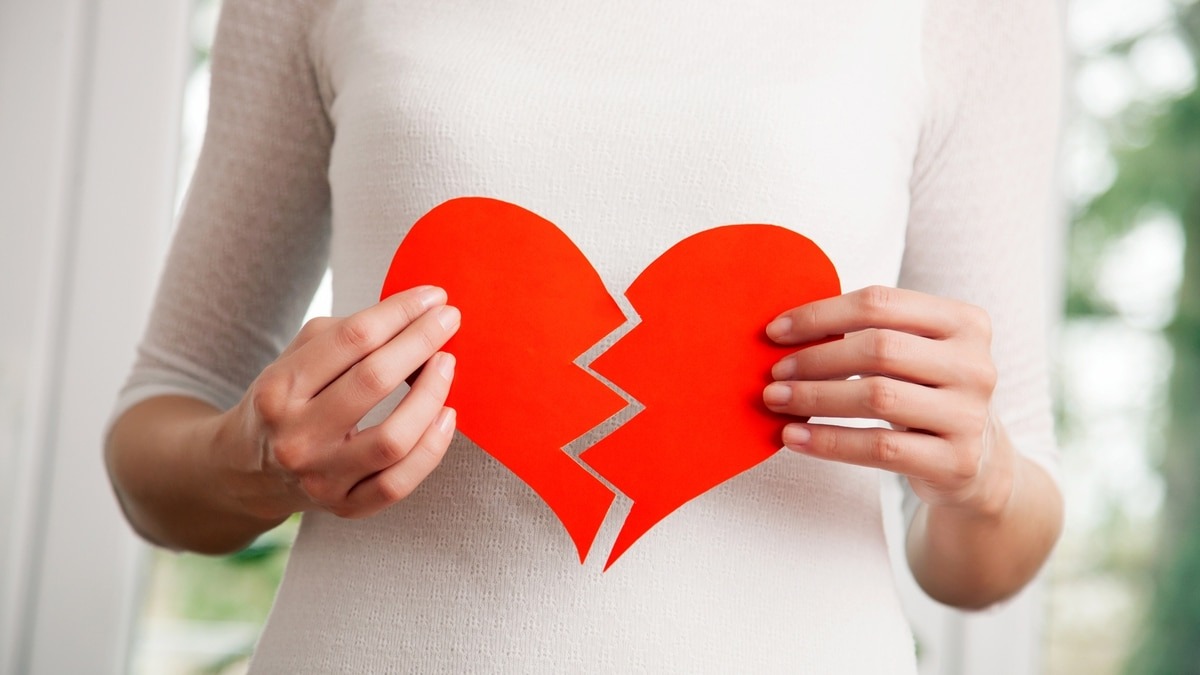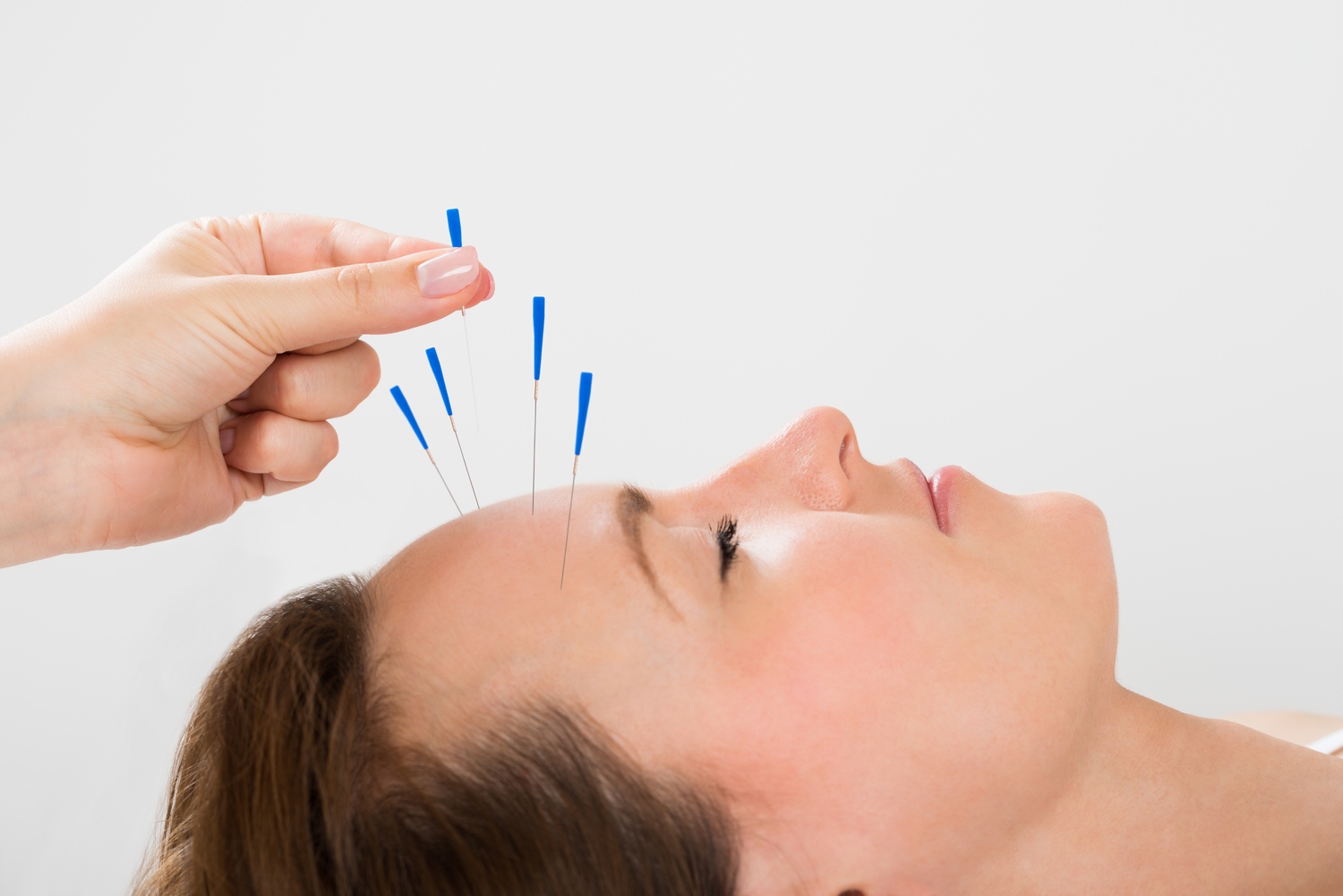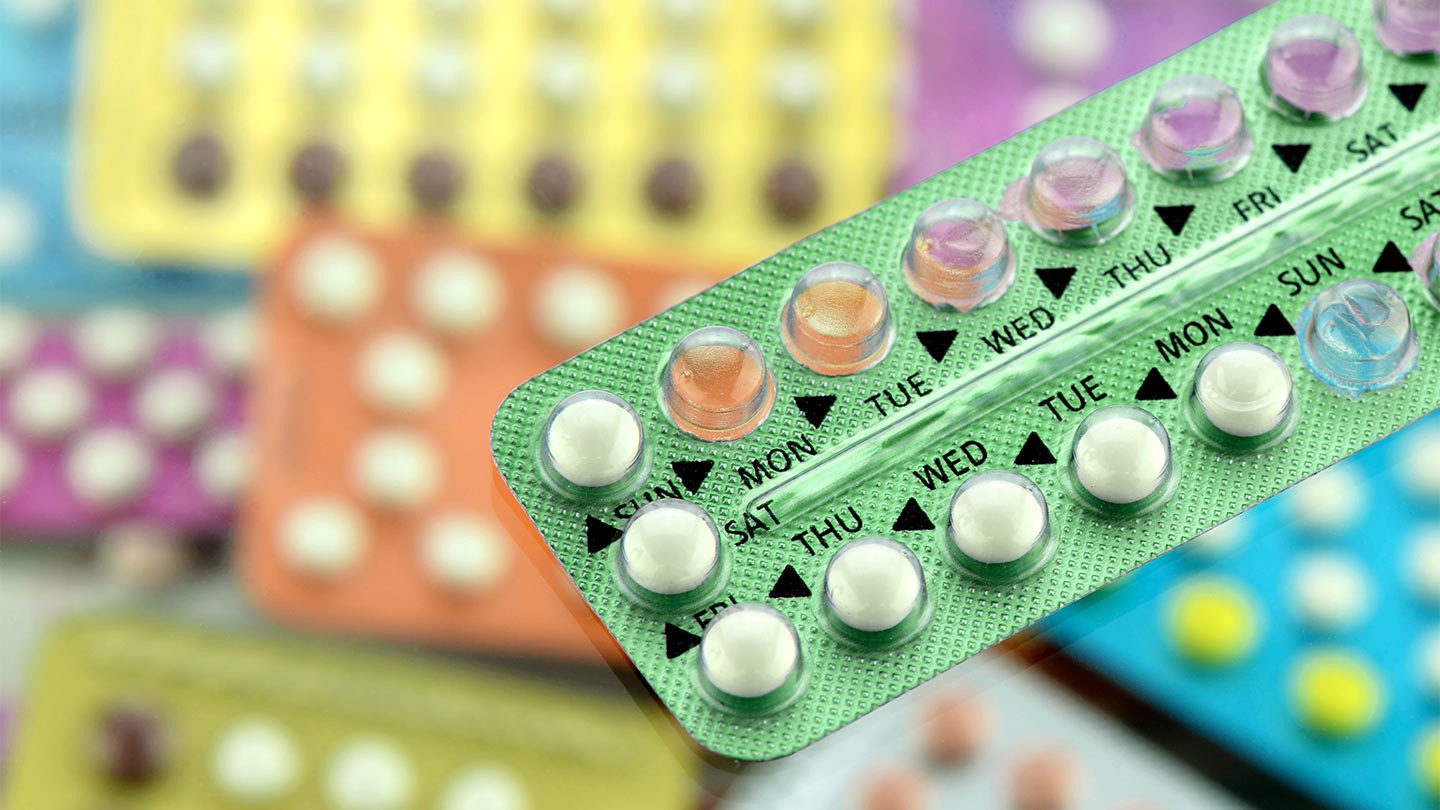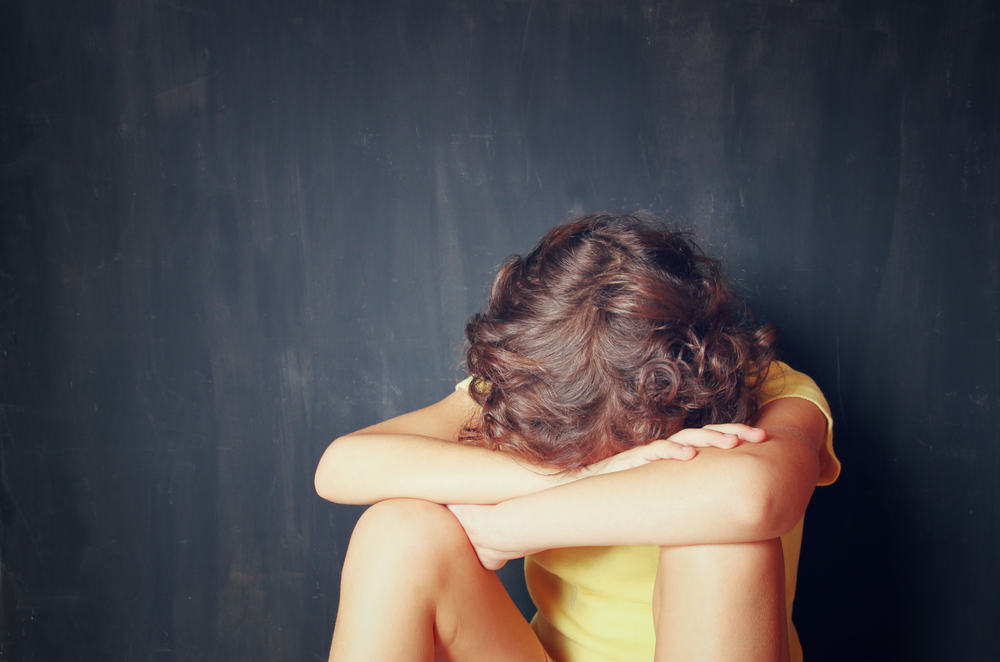Contents:
- Medical Video: How to repair a Nikon flash SB600 & soldering wire
- Why can a selfie photo trigger seizures?
- Tips to help people get seizures
Medical Video: How to repair a Nikon flash SB600 & soldering wire
Selfie or selfie photo is a common thing in the present. Sophisticated cameras on smart phones make it easy for someone to take photos of themselves with great results. Not infrequently, photo galleries on someone's cellphone are usually filled with selfies. However, experts warn that too many photos, especially with flash lights, have their own risks. Approximately, what risks occur if a selfie uses a flash?
Why can a selfie photo trigger seizures?
The selfie photo turns out to have its own threat to health, especially if you have it epilepsy. Flash lights on the camera that aim to make the image brighter and sometimes often used if lighting is minimal.
Recently, a teenage girl in Canada experienced a seizure in her brain activity after shooting herself using a flash or a front camera flash. A doctor in Canada later concluded that the teenager had a photosensitive response. So the trigger for brain strain is the hobby of selfie with flash.
The doctor who treated the teenager described this as a "selfie-epilepsy," as published in the Seizure Journal report according to the report, published in February in the Seizure journal. Brain activity such as seizures triggered by selfies was discovered when the teenager was monitored in the laboratory for three days, as quoted from the news on the organization of Epilepsy Research in the UK.
In the laboratory, the girl was examined using electroencephalogram or EEG and also recorded with video. Although the teenager did not experience seizures in the laboratory, doctors saw two unusual spikes in brain activity.
When they returned and reviewed the video, they found that before the surge in the teen's brain occurred, the teenager had used his iPhone to take a photo. The teenager took a selfie photo using a flash light in a dim light.
Not surprisingly, a selfie can trigger seizure activity in the brain, especially when patients are known to have sensitivity to light or photosensitivity. All types of flashing lights, including video games, strobe lights and flash lights can provoke photosensitivity.
Joseph Sullivan, an epilepsy physician from San Francisco also noted that in the case of adolescents, selfies do not cause seizures. Instead, selfie photos can make changes in the wave activity in the brain that triggers seizures.
Tips to help people get seizures
Seizures are conditions that can occur by anyone with different risk factors. If you are faced with friends, family, or relatives who have a seizure condition, you should know how to do first aid for people who have seizures.
First, try to position the person tilted. This is so that the foam or liquid that comes out of the mouth does not enter the respiratory tract so that the person can breathe more reliably without having to experience more severe tightness or even a choking cough.
Also position so that the person's head is higher than his body. When you are at home, you can give a cushion to his head. It is also intended that the head of a person who has a spasm avoid injury. Generally, seizures will improve on their own without medical assistance.
But if the seizure lasts more than 5 minutes, immediately ask for help and take it to the nearest hospital.













